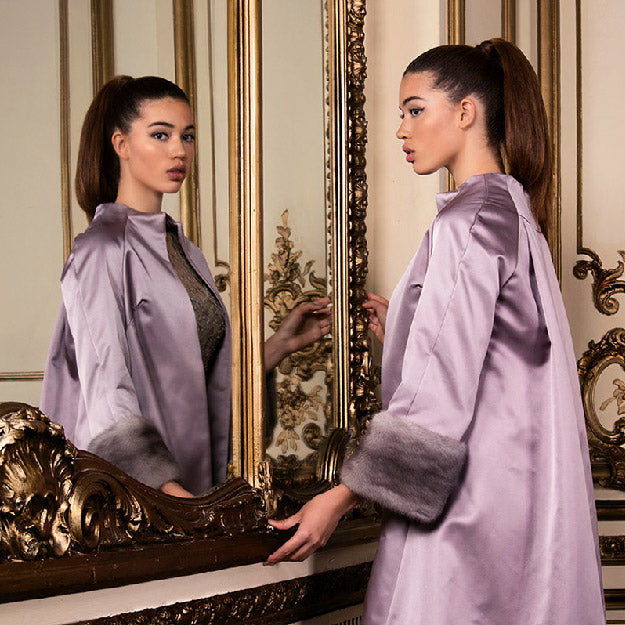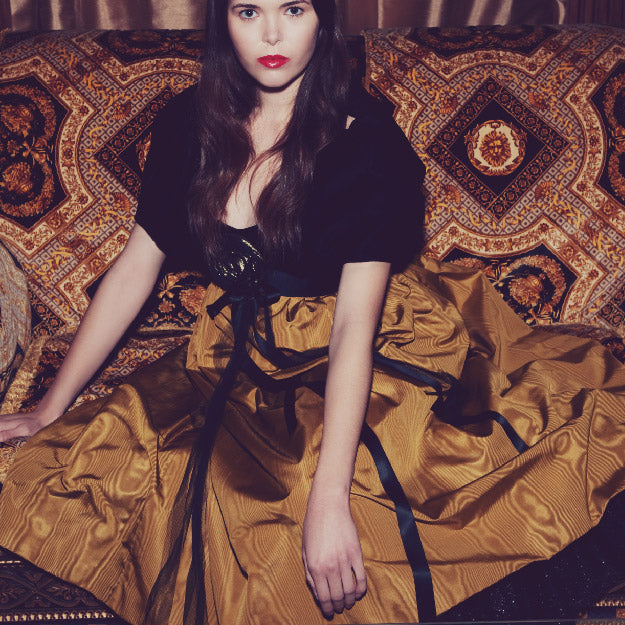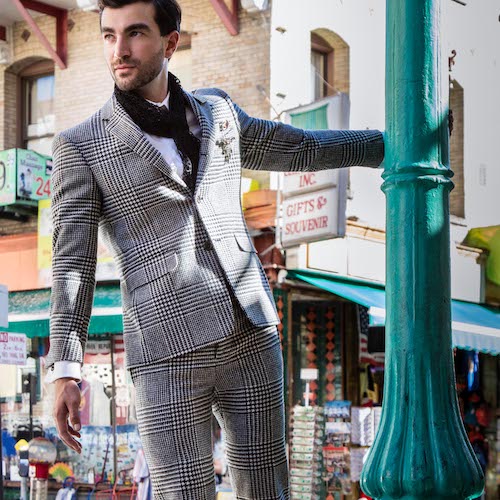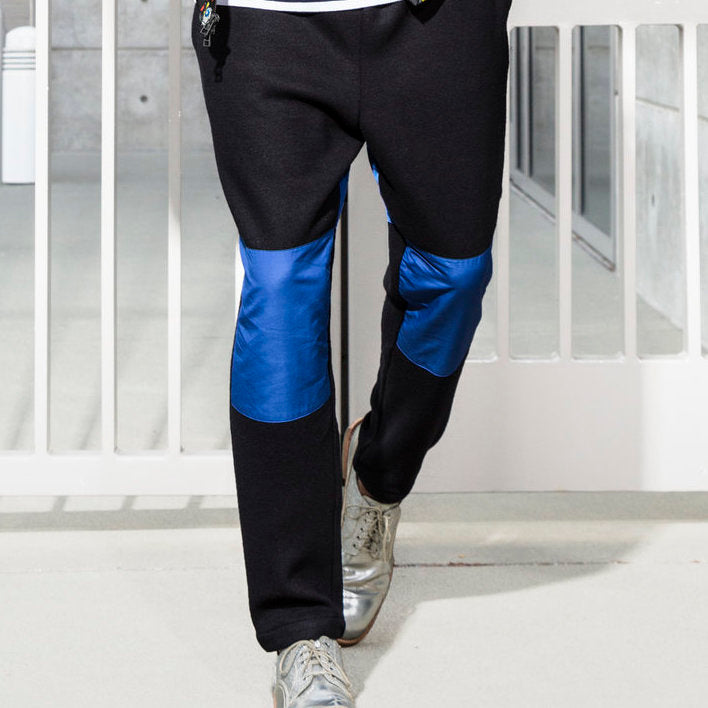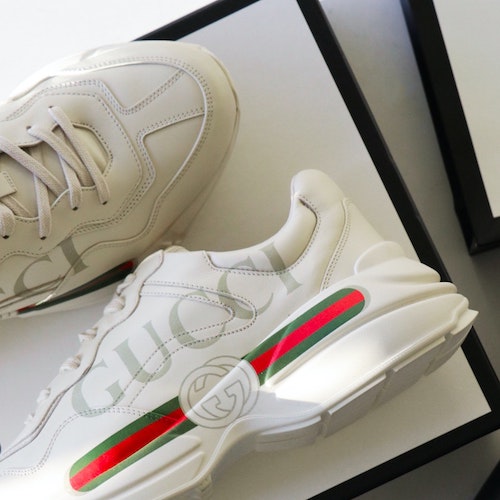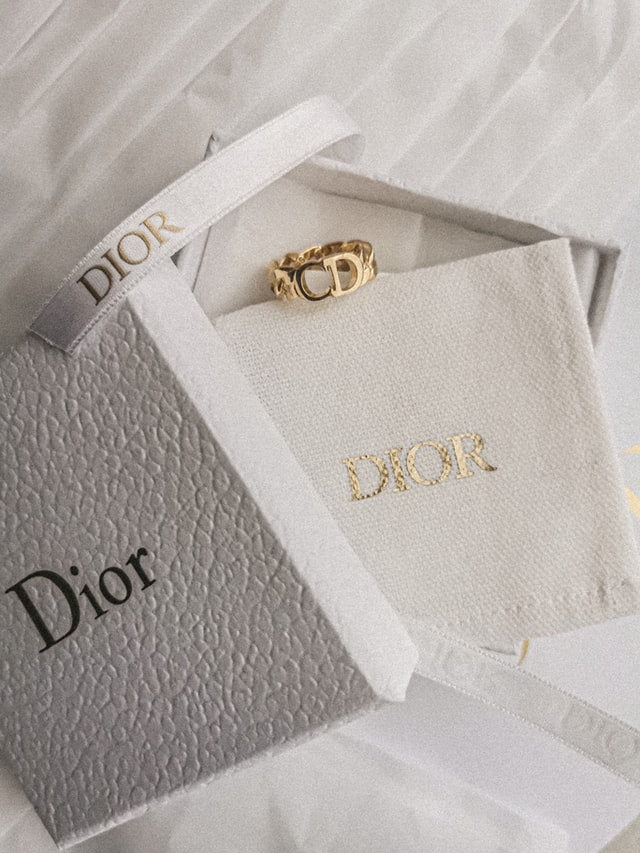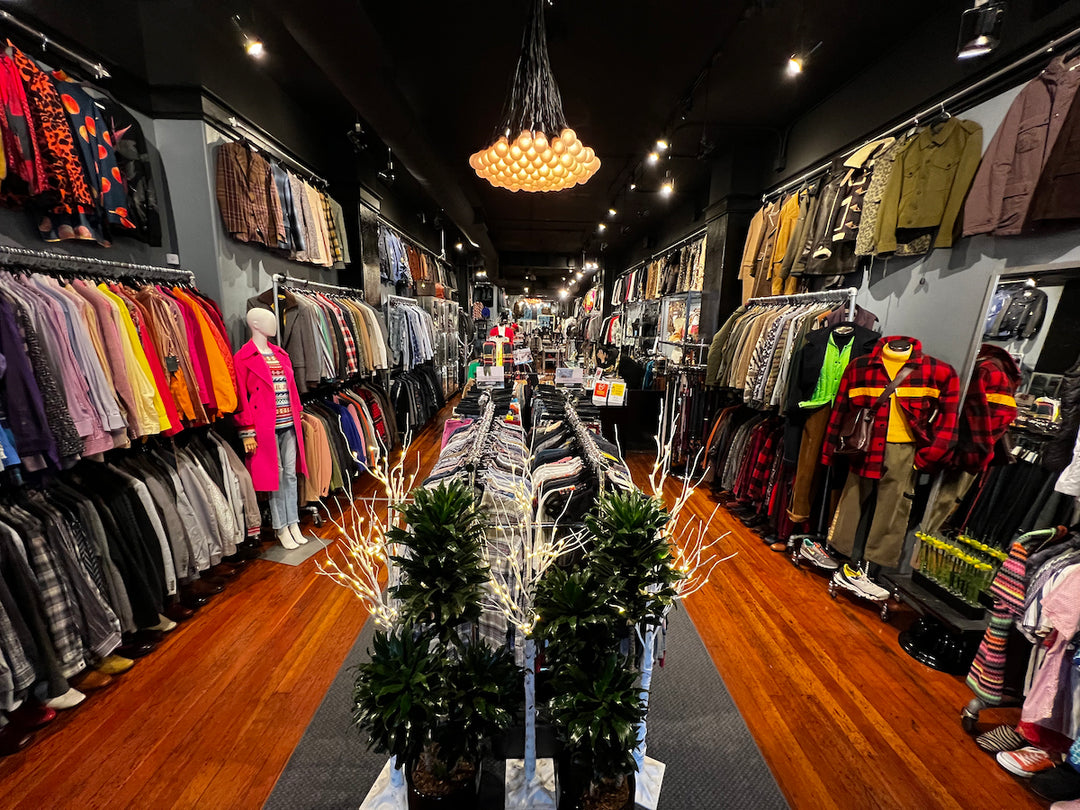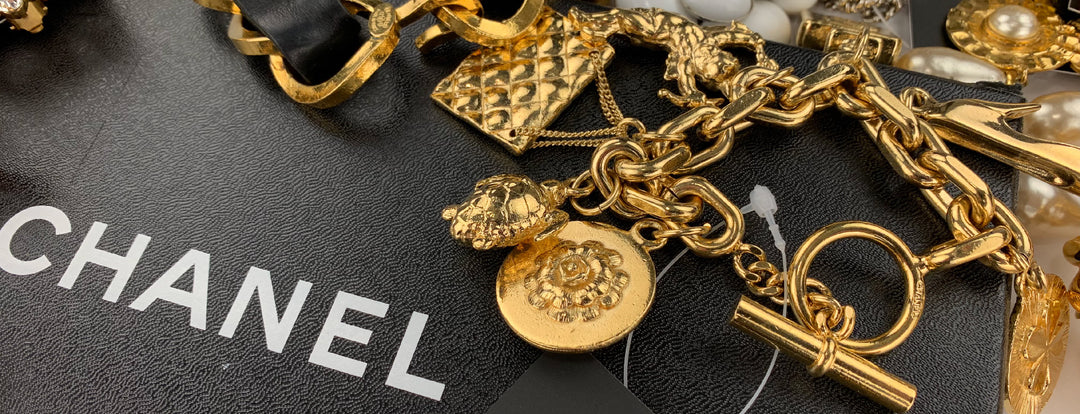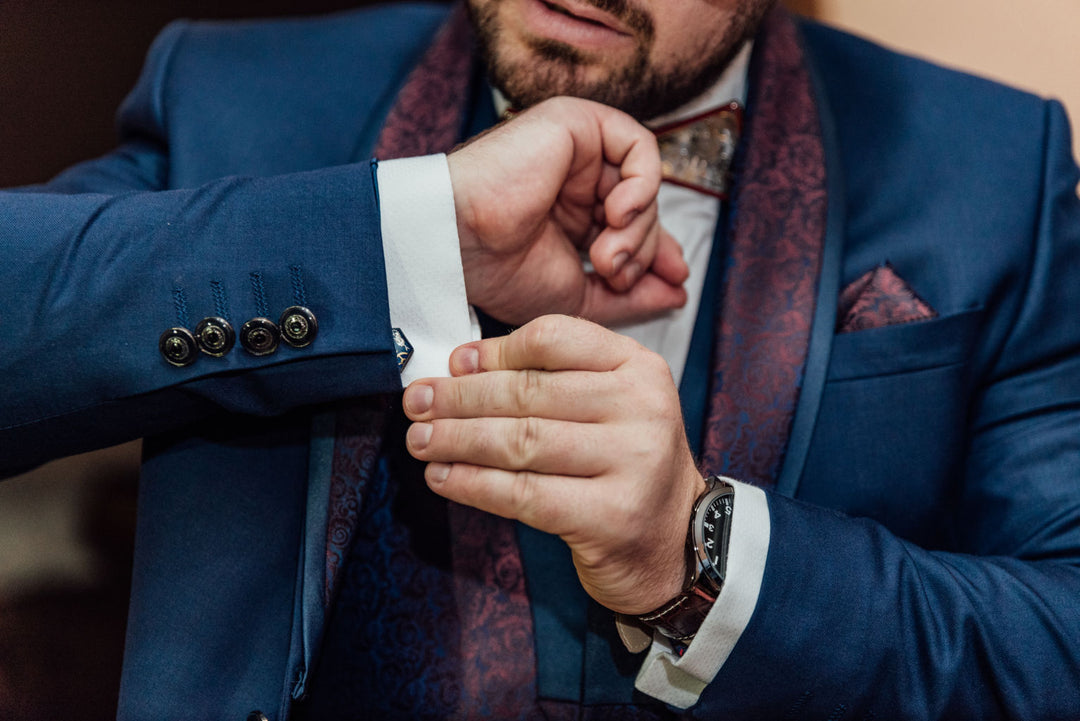Gucci - Legacy of Style
Gucci Designers: A Legacy of Style
Gucci, founded in Florence in 1921 by Guccio Gucci, has evolved from a luxury leather goods company into one of the world's most influential fashion houses. While the brand's foundation was built on exquisite craftsmanship, its modern identity has been profoundly shaped by the creative vision of a series of influential designers. Each has brought a distinct perspective, pushing boundaries and redefining luxury for their era, contributing to Gucci's enduring legacy of glamour, innovation, and unmistakable style.
Tom Ford (1994 – 2004)
Tom Ford's tenure at Gucci is widely regarded as one of the most transformative periods in fashion history. Joining in 1990 and becoming creative director in 1994, Ford revitalized the struggling brand by injecting a potent blend of overt sex appeal, sharp tailoring, and lavish glamour. He brought an undeniable rock-and-roll edge to luxury, designing iconic pieces like sleek velvet suits, daring cut-out dresses, and an array of covetable accessories. His bold vision not only saved Gucci from bankruptcy but also repositioned it at the forefront of global fashion, setting trends and defining an era of unapologetic luxury.
Frida Giannini (2006 – 2014)
Following Tom Ford's departure, Frida Giannini took the helm, first as creative director for accessories, then for womenswear, and finally as the sole creative director for the entire brand in 2006. Giannini ushered in a more romantic and equestrian-inspired aesthetic, drawing heavily from Gucci's archives. She reinterpreted classic motifs like the Flora print and the horsebit, bringing a softer, more feminine touch while maintaining the brand's luxurious appeal. Her collections often featured rich colors, intricate details, and a sophisticated elegance that celebrated Gucci's heritage.
Alessandro Michele (2015 – 2022)
Alessandro Michele's appointment in 2015 marked another revolutionary chapter for Gucci. With a profound love for history, art, and eccentricities, Michele completely reinvented the brand's image. He introduced a maximalist, gender-fluid, and highly intellectual aesthetic, blending vintage references with contemporary whimsy. His designs were characterized by intricate embellishments, bold patterns, clashing colors, and a strong narrative approach, often featuring themes of romanticism, surrealism, and Renaissance influences. Michele's vision captivated a new generation of luxury consumers and cemented Gucci's status as a cultural phenomenon.
Sabato De Sarno (2023 – Present)
Sabato De Sarno was appointed as Gucci's creative director in January 2023, succeeding Alessandro Michele. With a background at Valentino, Dolce & Gabbana, and Prada, De Sarno is expected to usher in a new era for the brand, possibly returning to a more understated and timeless elegance while respecting Gucci's rich heritage. His debut collection is highly anticipated to define the next aesthetic chapter for the iconic fashion house.


